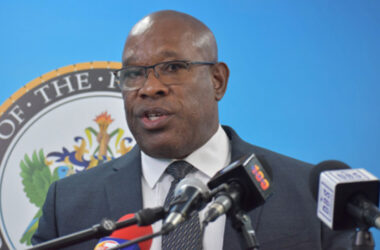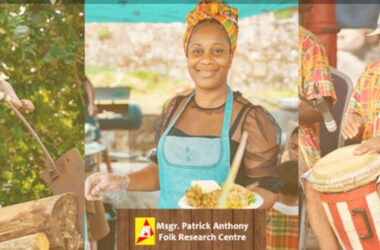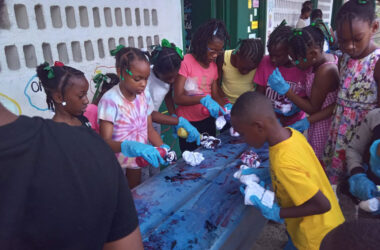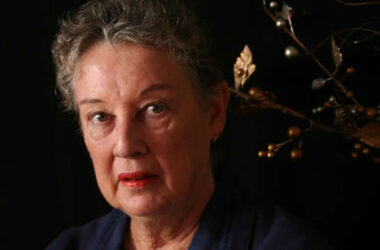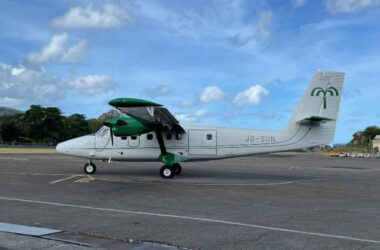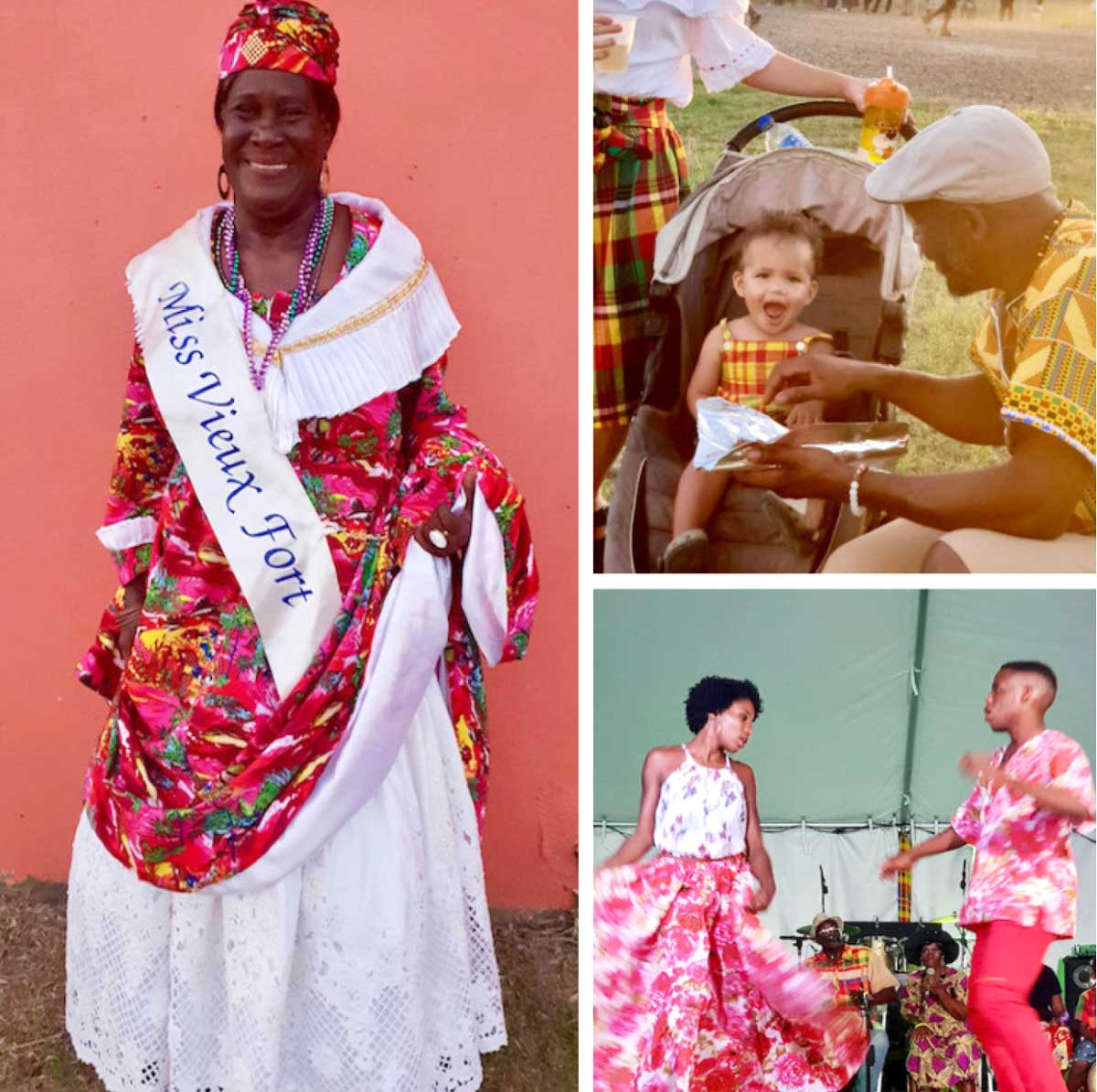
Central Castries and Choiseul, the two communities selected as host venues for this year’s Jounen Kweyol grand festival, have indicated their readiness for the big day.
According to the Monsignor Patrick Anthony Folk Research Centre (FRC), the underlying theme for the return of traditional celebrations is: Mwa Ewitaj Kwéyòl is Kilti sé Djéwizon- Culture Heals.
To emphasize its point, the FRC states that the theme seeks to “underscore and promote the role of culture in the formative development of our society not merely after the crippling health effects of the COVID-19 pandemic, but also in terms of the educational, social, human, political, and economic challenges that impact our independent development”.
Notwithstanding, the FRC’s stance to have ‘the national cultural celebrations’ spread across the land – there have been vocal critics opposing the entity’s selection of Castries – as one of the co-host venues for this year’s festivities.
As customary, following weeks of scheduled activities and other related events adorned with ‘flair and fanfare’ and cultural attire on display, the vivid participation of business houses, schools and other interest groups, and the public generally – all winds down to the Big Jounen Kweyol Day, when folks come out to play, be merry and partake of the local delicacies, food and drink on offer.
The criticism that followed with persons taking umbrage to Castries as a host venue was cut down by the FRC, who stated adamantly that the ‘capital city’ embodies much of the Saint Lucia culture, as other districts, albeit in a different way, but has its unique ‘cultural flair’ and flavour.
Jounen Kweyol celebrations had their beginnings in the early 1980s before the FRC stepped in to establish the festival as a national cultural event. Jounen Kwéyòl has been hosted in communities in Saint Lucia since 1984.
Despite random criticism, the Folk Research Center maintains its stance to name Choiseul and Castries as the host communities for this year’s celebration.
According to the Center’s Director, Rhyesa Joseph, there are several factors to consider in selecting a host community for Jounen Kweyol, including the community’s capacity to accommodate a significant crowd.
Joseph explained that no community will be excluded from the festivities and it was a matter of rotating locations ‘to accommodate the large crowds and influx of activity’.
The FRC adds that initially, three communities had been selected for Jounen Kwéyòl 2022 however in the latter stages of planning a community pulled out.
Strong support and sentiments have been expressed positively concerning the ‘substantive growth’ of the Jounen Kweyol celebrations- even when it was being put down as just another ‘chicken and rum’ outdoor event. However, the ‘cultural aficionados’ persisted and with every passing year, the festival grew by leaps and bounds to eventually stamp its mark on the country’s major ‘cultural entertainment’ landscape.
While weighing in on the discourse, Executive Director of the Cultural Development Foundation (CDF) Raymona Henry-Wynne said the department was mainly responsible for providing logistics, in terms of staging events, and assisting artistes and members of the organizing community personnel with their presentations of a good ‘Lucian’ product.
She said that the CDF collaborates with the FRC and Events Company of St Lucia (ESL) to prepare for smooth productions. As part of the festivities, CDF is also actively involved in the promotion of the La Magwit Flower Festival as part of the month-long cultural display and celebrations.
Taking a broader perspective of the cultural activities, Henry- Wynne stated: “It’s part of our culture that CDF mandates, so …looking at the activities that goes on in the communities, the CDF keeps a keen eye on opportunities for training at the community level.”
She explained that the CDF implements “strategic training” modules to help the organizers and artistes put their act together.
Speaking on the criticism levelled against selecting Castries as a host community, Henry Wynne said, “it was a very narrow way of looking at culture”.
“As far as the CDF is concerned, culture is a way of life….our expressions, the sort of foods that we eat …all of this, as our culture influences what we do as people or as individuals, it does affect us,” she declared.
The CDF head added: “So, to not want to provide an opportunity for people from Castries to be part of our Creole Heritage, it would be a bit unfair, because they are also a community with a culture.
“So, I feel they ought to be given the opportunity to express that, because you have cultural groups in Castries …you have Creole cooks in Castries and you have a lot of performances and stuff that they do in Castries. So, why not give them the opportunity to express themselves.”
Meanwhile, at a press briefing this week, the Castries City Council (CCC) disclosed that they are well prepared to put on the Jounen Kweyol festivity, and have designated two sites – at the Derek Walcott Square and the William Peter Boulevard for the event.
A CCC official reiterated that Castries too, has its unique cultural element as the other communities on island; with displays of the Masquerade, Papa Jab, Carnival revelry, and mobile ‘ice cream carts’ and other such things all part of its cultural originality.
Jounen Kwéyòl is recognized as the culmination of a month of activities during which creole culture is celebrated in countries that still maintain a strong creole identity. The annual celebration at the end of October is a finale of a month-long series of events commemorating Jounen Kweyol.
According to research, the “Observance of Jounen Kweyol started in 1981, when a group of French Creole linguists from the Caribbean and Indian Oceans decided to form an organization called Bannzil Kweyol devoted specifically to the study and promotion of French Creole languages.”
As far back as 2008, former FRC executive director, Kennedy “Boots” Samuel had this to say about the festival: “It has grown to be the biggest single event in St Lucia in terms of mass participation. It has grown tremendously from when we started, it’s like there was a cultural hunger in the nation that we uncovered: there’s a lot more attention to things cultural, a lot more consciousness.”
The word on the ground is that Choiseul is also well set to host its share of the festivities, and are urging patrons to come down south and partake of the local menu and cultural displays on offer.
Saint Lucia’s celebrations of Jounen Kwéyòl take place at the national and community level, with a parade, music festival, and also incorporates a pageant for women over 50, in which contestants demonstrate knowledge of creole culture, use of the language, national wear and creole related talent.




